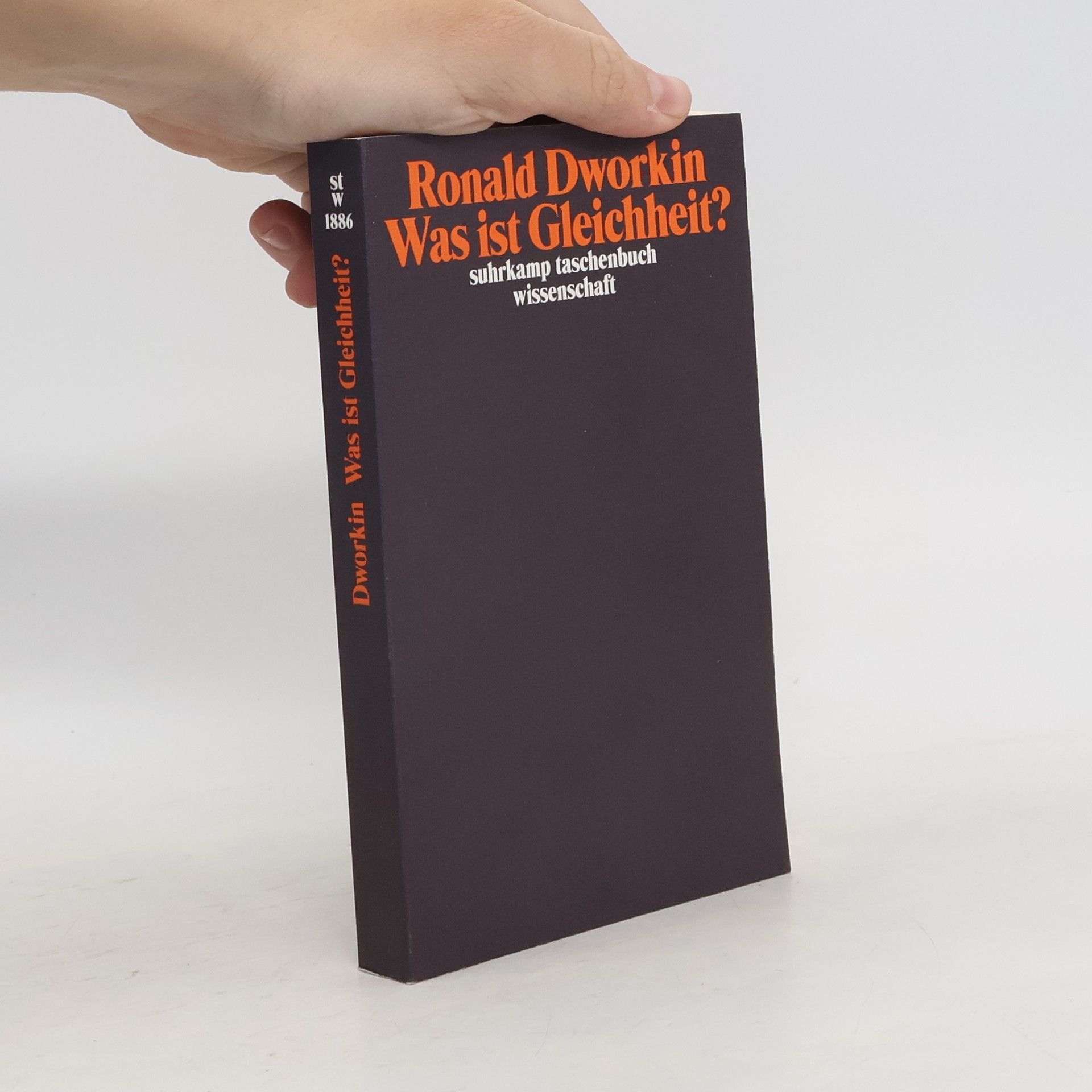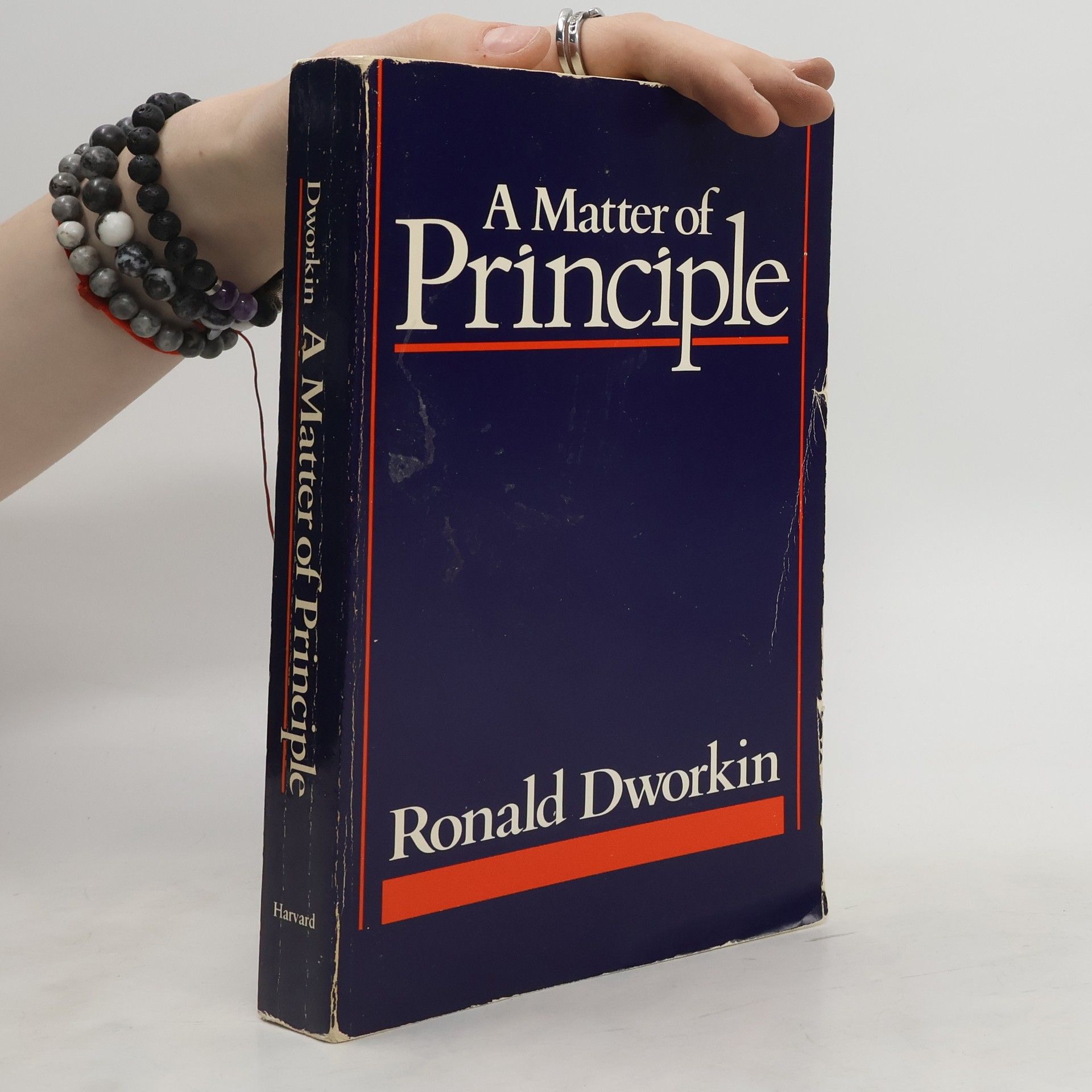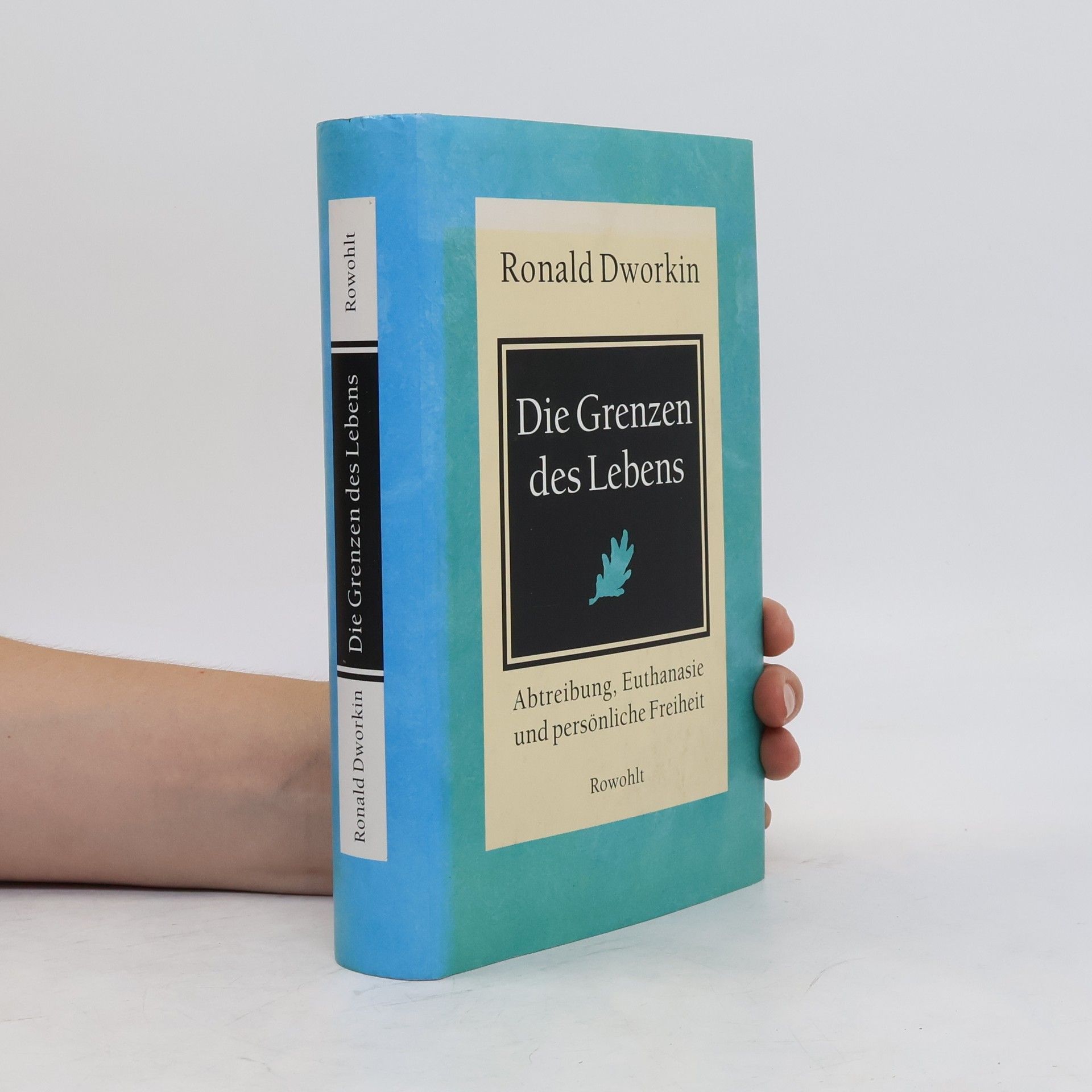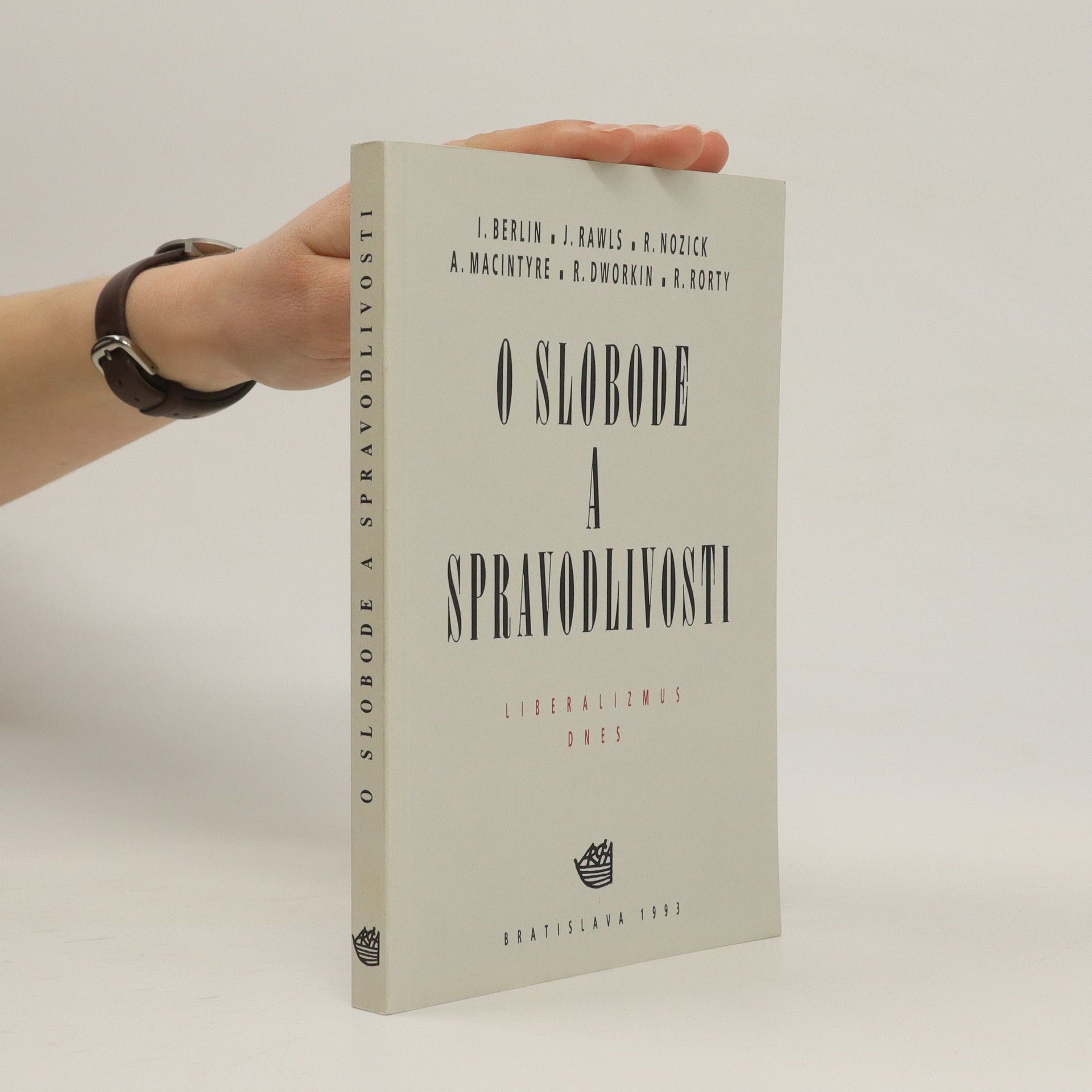Imperium prawa
- 398 pages
- 14 hours of reading
Książka stanowi syntezę poglądów Ronalda Dworkina (1931–2013) – filozofa prawa i polityki, krytyka pozytywizmu prawniczego. Zdaniem autora prawo nie jest wyłącznie zbiorem reguł, lecz połączeniem reguł, zasad moralnych i standardów, które stanowią moralnie spójną całość. Ta klasyczna obecnie pozycja z teorii prawa została opublikowana w oryginale w 1986 r. Pierwsza polska edycja Imperium prawa ukazała się w 2006 r. „Dworkin ma styl pisania bliski prawnikowi praktykowi, bo skupia się bardziej na kultywowaniu postawy argumentacyjnej wobec prawa niż na teoretyzowaniu. Nie oznacza to, że proponuje prawnikom postawę wartościującą wobec prawa, tak jak to czynią doktryny prawa natury. Dworkin podkreśla jedynie, że cały wysiłek jurysprudencji powinien być nakierowany na osądzanie (judgment), bo to jest problem, który przenika prawo i jego instytucje. Dla prawnika ważna jest tylko taka refleksja ogólna nad prawem, która pozwala mu dokonać lepszego osądu na podstawie prawa. Zadaniem jurysprudencji, czy wszelkiej ogólnej refleksji nad prawem, jeśli chce być ważna dla prawników, musi stać się proces argumentowania umożliwiający nadanie prawu najlepszego sensu jako swoistej praktyce społecznej”. Prof. dr hab. Marek Zirk-Sadowski, fragment Wprowadzenia












